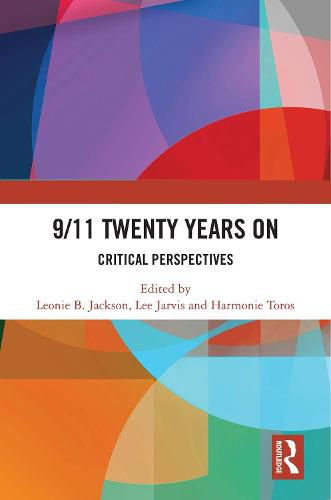Readings Newsletter
Become a Readings Member to make your shopping experience even easier.
Sign in or sign up for free!
You’re not far away from qualifying for FREE standard shipping within Australia
You’ve qualified for FREE standard shipping within Australia
The cart is loading…






This book provides the first sustained critical engagement with the legacy of the 9/11 attacks twenty years on. Featuring a wide range of established and emerging voices in critical terrorism studies, the book explores the deeply political character of remembering and forgetting, and the racialised, gendered and other contexts within which this takes place. A lively and provocative conversation between feminist, postcolonial, post-structural, literary and critical perspectives, 9/11 Twenty Years On asks what 'the day that changed the world' means for critical terrorism studies today, and how we might choose to mark those events in the future.
It will be essential reading for upper-level students, researchers and academics in the fields of International Relations, Security Studies and Political Science in general, as well as anyone interested in critical approaches to terrorism, political violence, and memory. The chapters in this book were originally published as a special issue of Critical Studies on Terrorism.
$9.00 standard shipping within Australia
FREE standard shipping within Australia for orders over $100.00
Express & International shipping calculated at checkout
This book provides the first sustained critical engagement with the legacy of the 9/11 attacks twenty years on. Featuring a wide range of established and emerging voices in critical terrorism studies, the book explores the deeply political character of remembering and forgetting, and the racialised, gendered and other contexts within which this takes place. A lively and provocative conversation between feminist, postcolonial, post-structural, literary and critical perspectives, 9/11 Twenty Years On asks what 'the day that changed the world' means for critical terrorism studies today, and how we might choose to mark those events in the future.
It will be essential reading for upper-level students, researchers and academics in the fields of International Relations, Security Studies and Political Science in general, as well as anyone interested in critical approaches to terrorism, political violence, and memory. The chapters in this book were originally published as a special issue of Critical Studies on Terrorism.